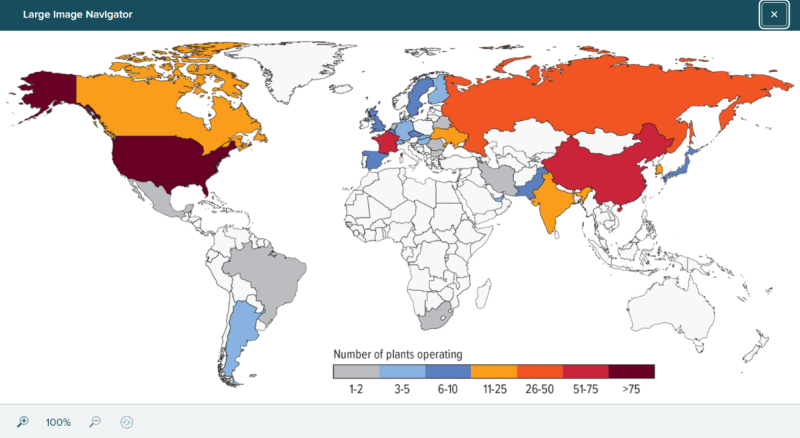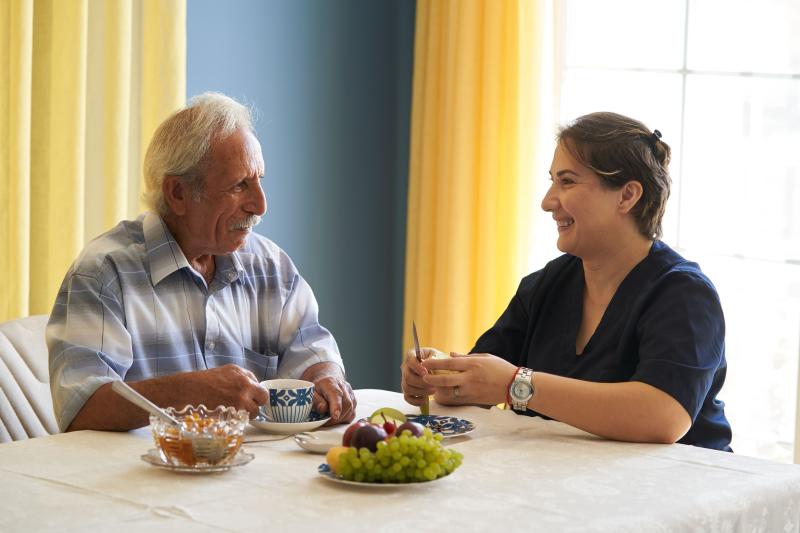Resources
Browse resources created and collated by ARIIA as a trusted, evidence-based guide to supporting innovation across the aged care sector.
Showing


FEATURE Models of Care: Victorian social prescribing program underway
This video from the Australian Health Journal describes social prescribing and the Connect Local Program led by Bolton Clarke Institute. (16 m)

Supporting aged care staff to manage organisational risks to improve clinical outcomes for older people at the end of their lives
Managing risk and providing services that allow the resident to lead a self-determined and self-fulfilling life can sometimes be challenging for staff. In this blog, learn more about how the ELDAC Managing Risk Toolkit can support health professionals and aged care staff to manage organisational risk, when delivering quality palliative care and advance care planning services to older Australians.

Four clinical governance rabbit holes to avoid
Aged care can shorten development time and increase implementation effectiveness by learning from the previous experiences of the healthcare sector's clinical governance pathways. In this blog, the Australasian Institute of Clinical Governance details four key clinical governance implementation 'rabbit holes', highlighting how stepping over or around these holes can help aged care reduce clinical governance evolution time and increase positive point of care impact.

Empowering Aged Care: Innovations in Education and Training
Learning is the process of gaining knowledge and skills through study, experience, or instruction. As the need for aged care communities continues to grow, there is a significant demand to invest in developing the knowledge, skills, and attitudes of the workforce to meet current and future requirements.

Promoting excellence: The vital role of clinical effectiveness and research in health care
Clinical governance integrates clinical effectiveness, research, whilst fostering teamwork to optimise outcomes for consumers. Find out how building strong leadership, operational processes, and a positive workplace culture to incorporate practices such as credentialing, audits, and adherence to guidelines; can contribute to safe and quality care.

Ageing with excellence: Unravelling the power of auditing to enhance quality care!
Catherine Scott explores how using both internal and external audits can help to improve standards of care and comply with Aged Care Quality Indicators and Quality and Safety Standards. Benefits for aged care services in undertaking auditing their care practice include identifying and managing risks, increasing compliance, providing verification and reassurance, demonstrating quality, and fostering positive health.

Clinical governance in home care: A framework in the Strengthened Aged Care Quality Standards
What does ‘clinical governance’ mean in the context of home care? How is it relevant? This blog by Dr Melanie Tan explores the concept in parallel with the Strengthened Aged Care Quality Standards, and explains the imperative for all home care providers to embed clinical governance, whether or not they provide clinical care.

Clinical governance for aged care providers seeking highly reliable care
In this blog, Catherine Scott of Sundale Inc. explains the role of clinical governance in aged care and the benefits it brings to care recipients, their families, and the organisation’s team members.

Building a clinical governance bridge between consumer and staff satisfaction
Staff satisfaction is a predictor of consumer satisfaction and yet the two are often addressed separately. However, staff satisfaction can be built into the pursuit of quality care using clinical governance as a bridge between the two. In these days of searching for solutions to staff retention and consumer satisfaction, addressing them together offers the potential to reap significant rewards for consumers and staff.